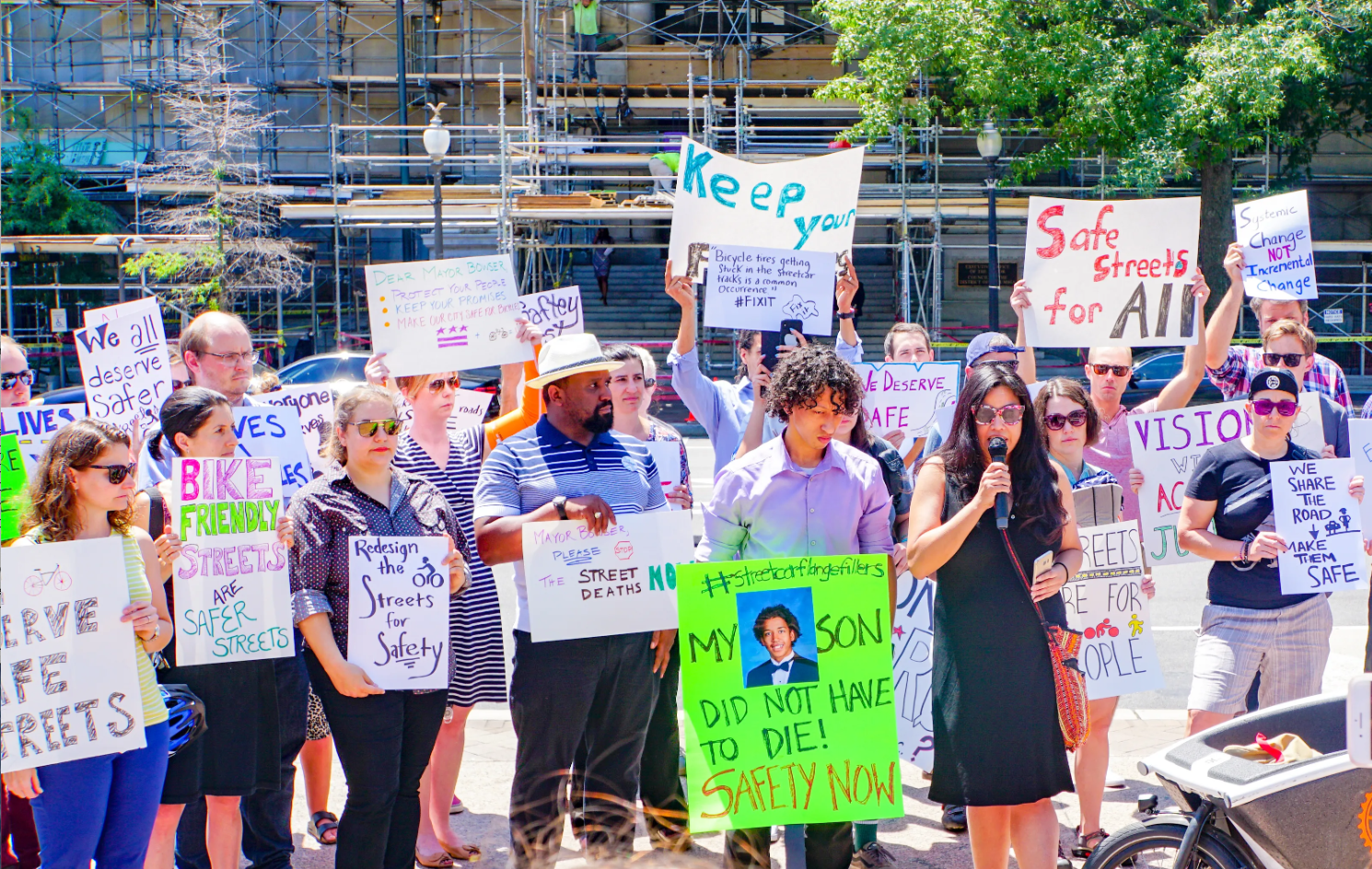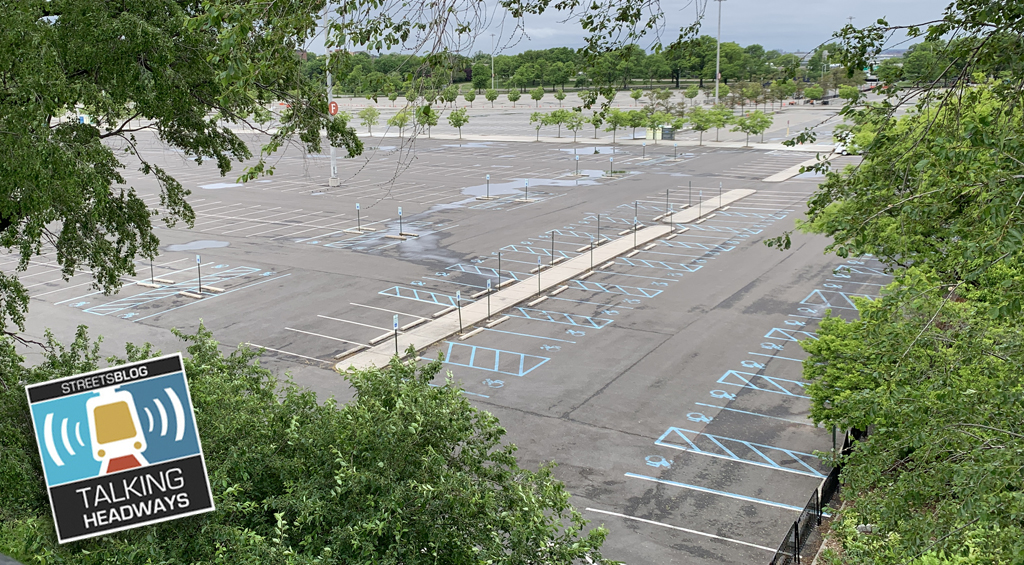Around the Network today, we've got some news and analysis from India, Hong Kong and Seattle:

India at a Parking Crossroads: India is developing fast, and the character of its cities hangs in the balance. The country's emerging urban parking policies will determine whether India's urban areas come to be ruled by cars, or whether a healthier, more pedestrian-friendly approach emerges, says Network blog Reinventing Parking.
So far, India has taken early steps down the car-centric path, offering government-provided parking, giving developers incentives to build public parking, and mandating parking minimums. In a troubling turn of events earlier this month, the country's urban development minister even called for all new development in India to include parking spaces.
Green Development in Seattle Gets Top Marks: Kaid Benfield at the Natural Resources Defense Council's Switchboard blog is doing verbal backflips over a new green development in the city of Seattle, which he describes as "possibly the best example of transit-oriented urbanism, natural public space, and green stormwater infrastructure I have ever seen." Developers of Thornton Place score major points for redeveloping what was a nine-acre surface parking lot, located near transit. The Swedish developer is also working hard to provide a natural setting for Thornton Creek, a submerged waterway the city of Seattle is working to restore. Meanwhile, the developer is planning to add 530 units -- at 96 per acre -- and also 50,000 square feet of retail space.
The list of commendable features just goes on and on. The development reduces impervious surfaces by 78 percent and provides direct pedestrian access to nearby neighborhoods. Some have called Thornton Place Seattle's first truly transit-oriented development. "I have a feeling that this project is going to start showing up in a lot of case studies and presentations, including my own, and deservedly so," said Benfield. "Let’s raise a glass (or cup) to that."
The Down Side of Hong Kong's Urbanism: Three guest bloggers at PubliCola have been studying the costs and benefits of urbanism. In the United States, we have been too focused on the costs of urbanism, they write. For example, environmental assessments focus on the negative impacts of urban density, while ignoring the positives -- like reduced pollution resulting from lowered auto dependence.
The authors examine Hong Kong as an example of the reverse, where the negative impacts of density are ignored and emphasis is placed solely on the positives. As a result, "Hong Kong has some of the most efficient land use and transit in the world. The skyscrapers, thriving retail, and mixed-use rail stations that typify the city were created by policies that maximized financial success for individuals, business and the government treasury." The team, however, found Hong Kong to suffer from a little too much of a good thing. "Their successes have come with a set of collateral damages: poor air quality, lack of personal space, environmental impacts associated with land reclamation and displacement of established economic and social communities to make way for more intensive redevelopment." That's why it's important that urbanists and planners carefully account for both the costs and the benefits of development. "A more holistic view is needed," Feit said. "Unintended consequences can result from diligently pursuing a too-limited set of metrics."





